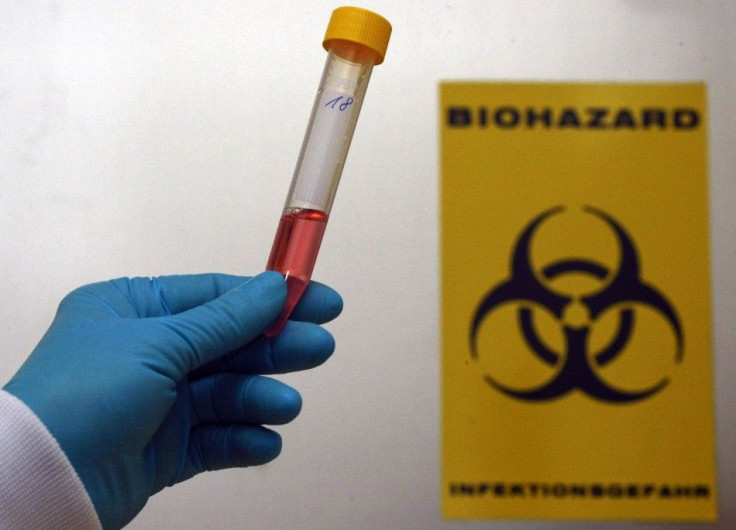Swine Flu Cases Rising With New H3N2 Strain, Now Transmissible From Human To Human

Swine flu is making a comeback as a new strain of the virus has begun spreading, with more than 100 U.S. cases reported this year, according to the Centers for Disease Control and Prevention. The surprising culprit? State and county fairs. And doctors warn it has become much easier to transmit among humans.
So far, 145 cases of the influenza A variety of the virus have been found in Indiana, Ohio, Illinois and Hawaii. None of the cases were deadly, but two led to hospitalization. The agency expects the number to increase.
The majority of cases occurred in children and young adults, according to Dr. Joseph Bresee of the CDC's Influenza Division. Most of the cases have been associated with close or indirect exposure to pigs. The wave noticeably coincides with state and county fair season.
"This time of the year is the time when you have fairs around the country ... thousands of them," Bresee told CNN. "That accounts for the increased transmission more than anything else."
Indiana's number of cases has risen by seven to 120 since the CDC released its figures.
"Surprisingly, the greatest, overwhelming percentage (of cases) is in people 16 years and younger," Dr. Gregory Larkin, Indiana state health commissioner, told CNN. "As our investigation continues, we're seeing transmission from ill or infected swine, or hogs, to their handlers, which in most of these cases are kids."
Doctors recommend that anyone who comes in close contact with swine wash their hands, avoid consuming fluids or food around pigs and avoid direct contact with the animals.
The new strain of the virus, H3N2, picked up a gene from the H1N1 virus that caused a pandemic three years ago. The mutation makes it more easily transmissible among humans, with sneeze or coughs spreading the virus among mammals.
Bresee said a vaccine for the H3N2 strain is in the early stages of development.
© Copyright IBTimes 2024. All rights reserved.





















